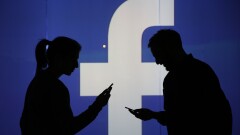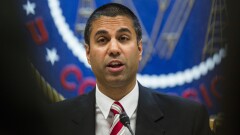The Republicans and Democrats have drastically different philosophies on the role of government in stimulus, globalism and access to web technology. President Donald Trump has made issues such as skilled worker immigration, remittances and Chinese digital commerce part of his political program, often creating controversies in other countries that could impair the ability of U.S. companies to execute transactions across borders.
Trump’s challenger, former Vice President Joe Biden, is more centrist when it comes to financial regulation than Democratic primary challengers such as Bernie Sanders and Elizabeth Warren, though Biden’s general election campaign has incorporated some progressive ideas inspired by his former party rivals.
The pandemic and subsequent economic crisis have raised the stakes, since the government’s role in recovery and how stimulus is delivered — and policies impacting the goals of card and technology companies — will be largely determined by the philosophy of leadership.















